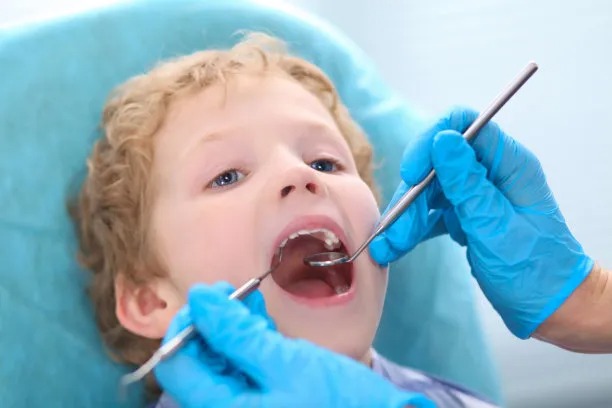Essential Guidelines and Precautions You Should Know Before Undergoing Dental Implantation for Optimal Results and Safety
Summary: Undergoing dental implantation can significantly improve oral health and overall quality of life. However, it is crucial to be well-informed about the essential guidelines and precautions before the procedure for optimal results and safety. This article provides a comprehensive overview of the key considerations, including pre-operative consultations, aftercare instructions, dietary recommendations, and understanding potential risks. Adhering to these guidelines can ensure a smoother healing process and longevity of the implants, ultimately leading to successful outcomes.
1. Importance of Pre-Operative Consultations

Before undergoing a dental implant procedure, scheduling a thorough consultation with your dentist is essential. During this initial visit, your oral health professional will assess the condition of your gums and jawbone. They may take imaging scans to ensure that your jaw can adequately support the implant. Understanding the specifics of your case will contribute to a tailored treatment plan that best suits your needs.
During the consultation, it is vital to discuss your complete medical history, including any underlying conditions or medications you may be taking. Certain health issues might influence the success of your procedure, such as diabetes, heart disease, or autoimmune disorders. Being transparent with your dentist ensures they can take necessary measures to mitigate risks.
Additionally, discussing your expectations and any concerns you may have is crucial. Your dentist can explain the process of implantation, including the number of visits required and the timeline for recovery. This form of communication fosters a trusting relationship between you and your dental care provider, essential for a successful outcome.
2. Adhering to Aftercare Instructions
After receiving dental implants, following aftercare instructions carefully is imperative for a successful recovery. Your dentist will provide detailed guidelines specific to your needs, but some general points are applicable. For the first few days post-operation, it is best to avoid any strenuous activities to facilitate healing.
Oral hygiene becomes increasingly important after implantation. While you should gently brush your teeth, avoid the implant site for the first 24 hours. Your dentist may recommend using an antibacterial mouthwash to keep the area clean and reduce the risk of infection. Being diligent about oral care aids in a smoother recovery process and contributes to the longevity of your implants.
Paying attention to any discomfort or unusual symptoms during your recovery is equally important. If you experience excessive swelling, bleeding, or prolonged pain, it is advisable to contact your dental professional immediately. Prompt action can prevent complications and ensure your healing progresses as expected.
3. Dietary Recommendations for Healing
Diet plays a vital role in the healing process after dental implantation. Following the procedure, it’s essential to stick to soft foods to avoid placing stress on the implant site. Foods such as yogurt, smoothies, mashed potatoes, and soups are nutritious options that require minimal chewing.
Avoid hot drinks or foods in the initial healing period as they can increase swelling and discomfort. Furthermore, refrain from consuming hard or crunchy items, which could disrupt the implant or cause pain. Staying hydrated also contributes positively to your overall health during recovery.
As your healing progresses, gradually reintroduce more solid foods as advised by your dentist. Once fully healed, maintaining a balanced diet helps bolster oral health and supports the long-term success of your dental implants. Keep in mind that good nutrition is integral to effective healing and overall well-being.
4. Understanding Potential Risks and Complications
All medical procedures carry risks, and dental implants are no exception. It is essential to have a clear understanding of potential complications that can arise. Some individuals may face issues such as infections, nerve damage, or jawbone loss. These risks can often be minimized through proper planning and adherence to guidelines provided by your dental professional.
In some cases, implants may fail due to inadequate bone density or improper care during the healing process. That is why ensuring you’re a suitable candidate for the procedure, as evaluated during pre-operative consultations, is crucial. Your dentist can address any anatomical concerns before proceeding with surgery.
Staying vigilant about oral hygiene and attending regular dental check-ups after implantation are essential practices. These measures not only help detect issues early but also contribute to the longevity of your implants and promote a healthy oral environment.
Summary:
In conclusion, understanding the essential guidelines and precautions before undergoing dental implantation can significantly enhance both safety and results. Education on pre-operative consultations, adherence to aftercare instructions, dietary recommendations, and awareness of potential risks will pave the way for a smoother recovery. A proactive approach ensures a satisfactory experience and the success of your dental implants.
This article is compiled by Vickong Dental and the content is for reference only.



